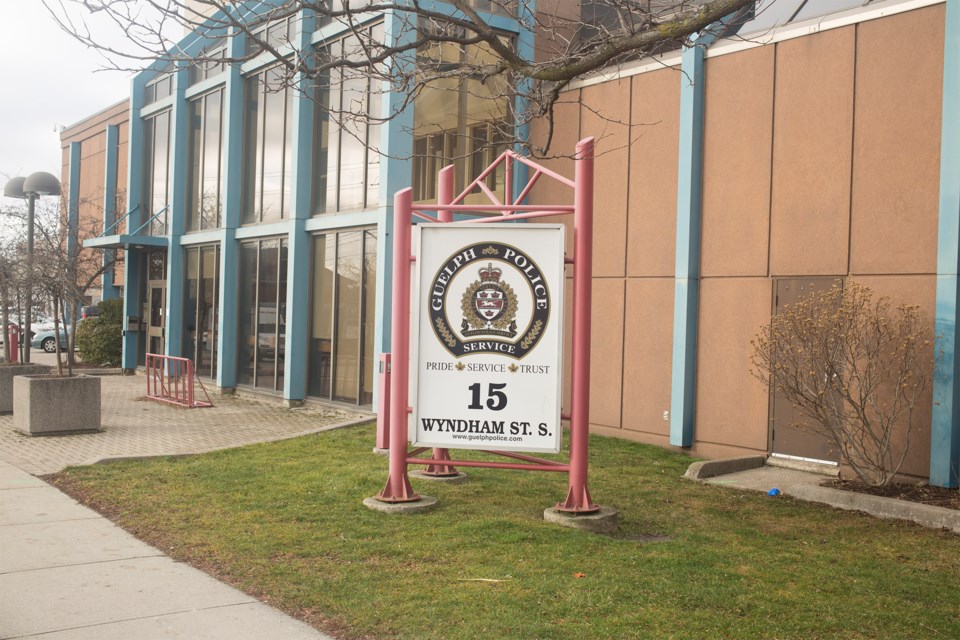NEWS RELEASE
GUELPH POLICE SERVICE
*************************
Today’s Fraud Friday is about traffic infringement scams. Scammers use the name of legitimate police services and businesses to reel people in and get personal information from unsuspecting consumers.
How it Works
You receive an email from someone claiming to be a government authority, such as a police officer, stating that you have been issued a traffic infringement or violation. Typically the email will include the infringement details, such as reason (usually negligent driving), date of issue, an infringement number, and the amount due.
The email will state that you must pay immediately, via a clickable link or an attachment in the email. If the email asks you to click the link as a form of payment, you will then be required to enter personal information.
If the email has an attachment, the attachment is claimed to be photographic proof of the infringement. However, it is actually a file (usually a .zip) that once opened will infect your computer with a virus.
Remember: Police services and government authorities do not request email addresses during a traffic stop, nor do they issue traffic notices via email.
Warning signs – How to protect yourself:
- Beware of unsolicited emails from individuals or organizations prompting you to click on an attachment or link.
- Watch for spelling and formatting errors.
- Check the embedded hyperlink in the suspicious email by hovering your mouse over the link to verify the address.
- Go with your gut. If an email seems fishy, it probably is.
- Never provide personal or banking information to someone you do not know on the phone, text or email.
- Always question urgent requests for money.
- Do not forward or transfer money to people you do not know.
If you think you have been a victim of a scam, contact your financial institution immediately and local police. You can also report it online to the Canadian Anti-Fraud Centre.
*************************



